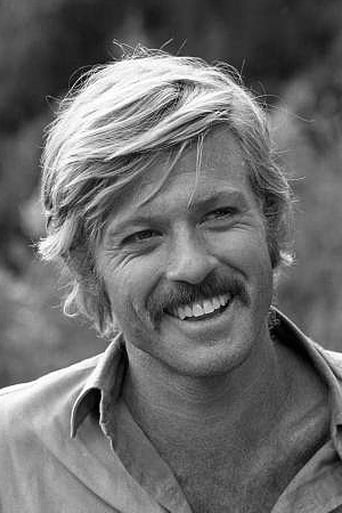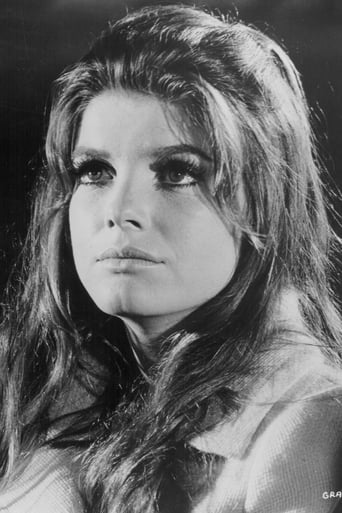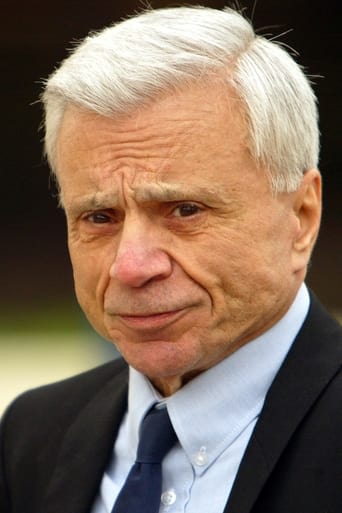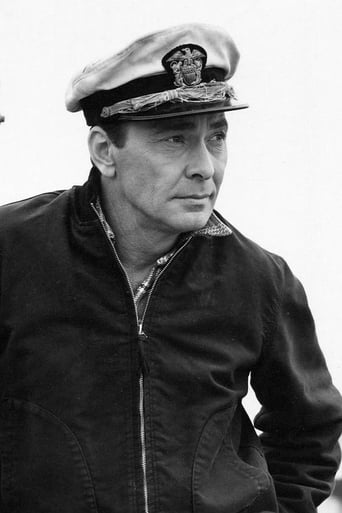weezeralfalfa
Apparently, a seriously fictionalized adaptation of the saga of troubled Paiute "Willie Boy", transforming it into a Romeo and Juliet-like tale, with Willie(Robert Blake) and his half-breed girlfriend, Lola(Katherine Ross), the victims of racial slurs and prejudice by judicial authorities. In part, it's also a standard western, with a long posse chase of this horseless fugitive and his girl through a rocky desert wilderness in southern CA, followed by a hide and seek shooting duel with Deputy Sheriff Coop(Robert Redford) on a bare rocky Ruby Mountain. The ultimate outcome was quite predictable.Willie much resents being considered inferior to white men, and often being referred to as 'boy'. Once in a while, he strikes back like a rattler. He jabs a belittling bigot in a pool hall, causing serious injury. He refuses to give up his courting of half-breed Lola, despite murderous threats by her disapproving father. When this duo disappear one night, her father and 2 other men with rifles go looking for them in the woods, and find them making love. As papa appears ready to shoot Willie, he grabs his rifle and shoots papa first. The other men scatter. Seems like Willie should have been able to plead self-defense, with Lola a witness. Apparently, they(rightly) didn't think that would be good enough for a white judge. Thus, they run into the wilderness, and a posse is organized to capture them.Dr. Lisa Arnold(Susan Clark) is the 4th main character. She has earned a doctorate at a prestigious eastern university, and is a medical doctor as well as the superintendent of this reservation. Apparently unmarried, she treats the 'Indians' as her surrogate children, to be protected from the big bad outside world(especially illegal whiskey salesmen). She has a dysfunctional sexual relationship with Coop, refusing to acknowledge him outside her bedroom, as she considers him her social and intellectual inferior. Since Willie's Lola has been raised to be a white woman, Willie is also seen by most as her social inferior.The fact that Willie, from a high vantage point, shot at only the horses, not the men, of the posse, suggests that he did not shoot men unless he felt he absolutely had to. However, in his subsequent shooting duel with Coop, he definitely was shooting to kill.The details of the final duel between Coop and Willie are perhaps significant to the story. Coop surprises Willie from behind, and gives him a chance to surrender. But Willie whirls around, with rifle ready to fire. Coop shoots him dead. But Coop discovers that Willie's rifle was empty. Hence, Willie's action was actually an indirect suicide, thus mimicking the apparent earlier Lola suicide. Coop's action was in apparent self-defense, as was Willie's earlier shooting of Lola's father. However, Coop is regarded as a hero, whereas Willie rightly assumed that he would be regarded by white authorities as an unjustified murderer.The film ends with Willie's body being cremated at the base of Ruby Mountain, where he died. Interestingly, Coop gave the body to the Paiute present, telling them to bury it. Instead, they gathered wood for a funeral pyre. When the white posse arrived, they object that they want a body to show to authorities to prove that Willie is indeed dead. Coop obviously supports the Paiute's decision, saying "Tell them we're all out of souvenirs". In that era, the bodies and effects of infamous outlaws were often subject to theft by souvenir hunters. Presumably, that's part of Coop's thinking. Also, he was telling the posse to let the Paiute dispose of the body according to their traditions. According to Gary Varner's web site titled "The Treatment of Death Among the Paiute", both burial and cremation were commonly practiced, according to circumstances. Willie's circumstance could call for cremation.For one thing, burning was believed to neutralize evil associated with a person and the potential mischief by their ghost(also true of the witch burnings in Europe). Actual accounts of Willie's death favor cremation on site, although another account claims that he escaped captureAccording to one reviewer and several web sites I consulted, the real Willie clearly murdered Lola's father, who was a Paiute shaman. She was either a voluntary or involuntary companion during his flight, depending on the account. Lola was either murdered by Willie or accidentally shot by the posse, depending on the account. Willie died alone on Ruby mountain, maybe. The Coop and Dr. Arnold characters are pure inventions. Thus, the most important details of the film are all fabrications, despite the claim at the beginning that it is a true story. Typical Hollywood! I thought the President Taft episode was an unnecessary diversion from the main story. The main characters, with the possible exception of Katherine Ross, were well cast. For a much more fun role for Susan Clark, see "The Skin Game", in which she is a pickpocket-con artist nemesis-companion for James Garner.
harkin-1
While I enjoy this movie very much it has to be said that the history portrayed has been embellished a lot. Polonsky, a victim of anti-communist black-listing, decided to make Willie Boy a hero fighting against the suppression of racist, uncouth white capitalists. The real Willie Boy was very quiet and shy but was also known among the Indians for having an irrational and violent temper. Willie got his whiskey from another Indian who stole the bottle from out of a bunkhouse, not from whites after participating in a bar fight. He did not run away with his lover after being confronted while they were making love. She was terrified of him and he kidnapped her after shooting her father in the face while he slept. He later shot Carlota in the back either when she tried to escape or because she was slowing him down. The only real relevance to the proximity of the US President was that it also meant there was an over abundance of newspaper reporters near San Bernardino and Riverside who sensationalized the chase not even knowing that Willie Boy was already dead before most of them had even heard of him.The true story of the manhunt (or at the least the closest to the truth as it was based on eyewitness and second-hand accounts from the remaining witnesses) is The Last Great Manhunt by Harry Lawton, the book TTWBIH is based on (Lawton even changed the title to that of the film). Years later a couple of politically correct college professors wrote articles claiming Lawton's book was all wrong and Willie Boy was a hero, even going so far as to suggest Carlotta was killed by the posse. Lawton sued and showed his meticulous research of historical archives and interviews with witnesses. The professors later were forced to print a retraction as part of a settlement.
wb-11
This is a film that tries too hard to be 'worthy', convinced that it conveys some deep message about the culpability of the White Men who colonised the American West at the expense of the Native American Indians. But, as the Haliwell's film guide puts it, it ends up being 'boringly predictable', with its fashionable downbeat ending and cast of bigoted and unsympathetic characters mistreating each other and creating a situation that will inevitably only lead to tragedy. The actors are all fine, the photography is at times excellent, but we are not made to feel for the characters- we can see the outcome way before it happens. Thus, the final confrontation between Sheriff Coop and Willy Boy had no suspense factor for me- and I didn't care when either he or the Katharine Ross character (no, she did NOT look like an Indian!) died. A much better western that is'revisionist' in its attitude to the Native Americans are 'Little Big Man'. Watch that instead.





